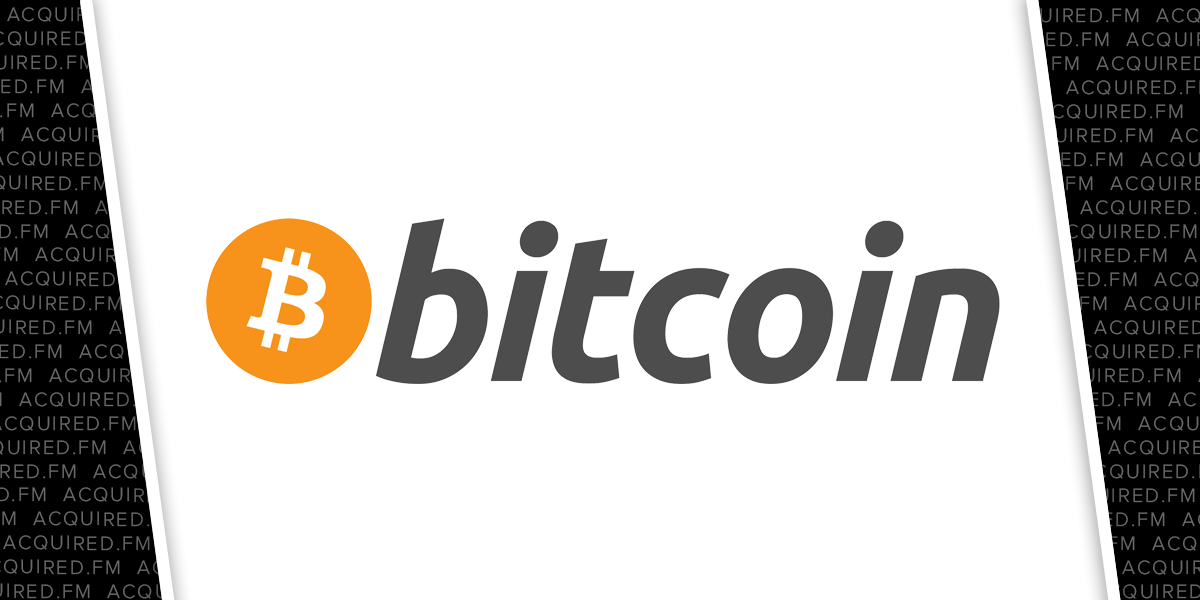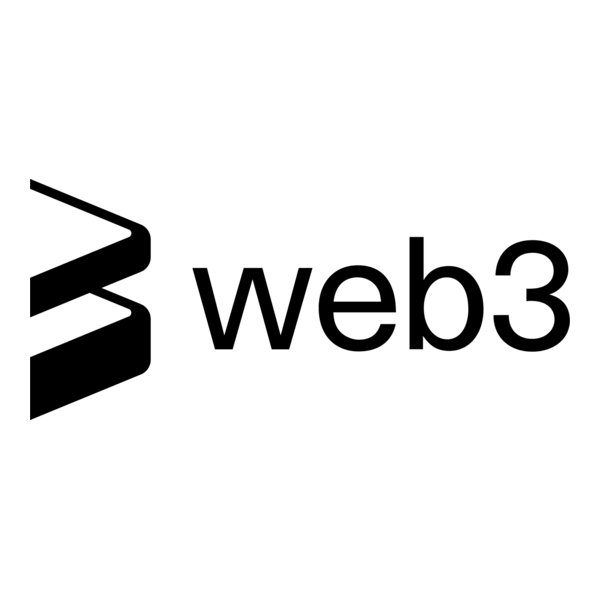Key Takeaways
- DAOs use blockchain and smart contracts to enable transparent, decentralized governance.
- By 2025–2026, DAOs are influencing finance, creative projects, and global collaboration.
- Token-based voting and automated rules make DAOs efficient, equitable, and borderless.
What Is a DAO?
Decentralized governance in the era of Web3
As blockchain technology matures, traditional organizational models are being challenged by a new concept: the DAO, or Decentralized Autonomous Organization. By 2025 and 2026, DAOs are becoming key players in everything from finance and creative industries to social impact initiatives. Unlike traditional companies, DAOs operate on blockchain protocols, allowing communities to govern, fund, and execute projects without centralized leadership.
A DAO is built around a set of rules encoded in smart contracts. These rules automate decision-making processes, ensuring transparency, accountability, and alignment with the community’s collective goals. Members typically participate by holding governance tokens, which give them voting rights on proposals ranging from project funding to protocol upgrades.
How DAOs Work: Governance on the Blockchain
At its core, a DAO is a democratic organization powered by code. Members submit proposals, vote on initiatives, and execute decisions through smart contracts. Unlike conventional corporations, there is no CEO or board of directors dictating the direction of the organization.
Key aspects of a DAO include:
1. Smart Contract Automation
Smart contracts enforce the rules of the DAO automatically, reducing the need for intermediaries and minimizing human error or bias.
2. Token-Based Governance
Tokens represent voting power. In many DAOs, members stake or hold tokens to influence decisions, incentivizing active participation.
3. Transparency and Accountability
All transactions and governance actions occur on the blockchain, visible to anyone in real time. This level of transparency fosters trust among members.
4. Global and Borderless Participation
Anyone with an internet connection can join a DAO, allowing diverse, global communities to collaborate seamlessly.
DAOs in 2025–2026: Trends and Innovations
By 2025, DAOs are evolving beyond experimental communities into robust organizational models capable of driving significant economic activity. Key trends include:
Modular DAO Structures: Organizations are increasingly adopting modular architectures, separating governance, finance, and operations to enhance efficiency.
Integration with DeFi and Web3 Infrastructure: DAOs are leveraging decentralized finance protocols for treasury management, yield generation, and automated funding.
Sector-Specific DAOs: From gaming guilds and NFT collectives to climate action groups, DAOs are becoming specialized, mission-driven organizations.
Legal Recognition: More jurisdictions are developing frameworks to recognize DAOs as legal entities, providing clarity around liability and contractual obligations.
These innovations position DAOs as viable alternatives to traditional corporate structures, particularly for communities seeking decentralized control and open governance.
Why DAOs Matter for the Future of Organizations
DAOs represent a fundamental shift in how humans coordinate and collaborate. They offer:
- Decentralized Decision-Making: Reducing the risks of hierarchical power and enabling a more equitable distribution of influence.
- Global Collaboration: Enabling communities to organize without borders or intermediaries.
- Automated Operations: Streamlining processes through code, reducing administrative overhead.
In 2025–2026, DAOs are expected to play an increasingly important role in managing decentralized networks, funding creative and social projects, and even influencing corporate governance models. Understanding DAOs is essential for anyone engaging with blockchain, Web3, or decentralized finance ecosystems.
Conclusion: The Rise of Decentralized Organizations
A DAO is more than a blockchain experiment; it’s a blueprint for future organizations. By combining automation, transparency, and global participation, DAOs redefine governance for a digital-first world. As adoption grows in 2025–2026, these decentralized structures will influence finance, technology, and culture—offering a glimpse of a more collaborative and equitable digital economy.




